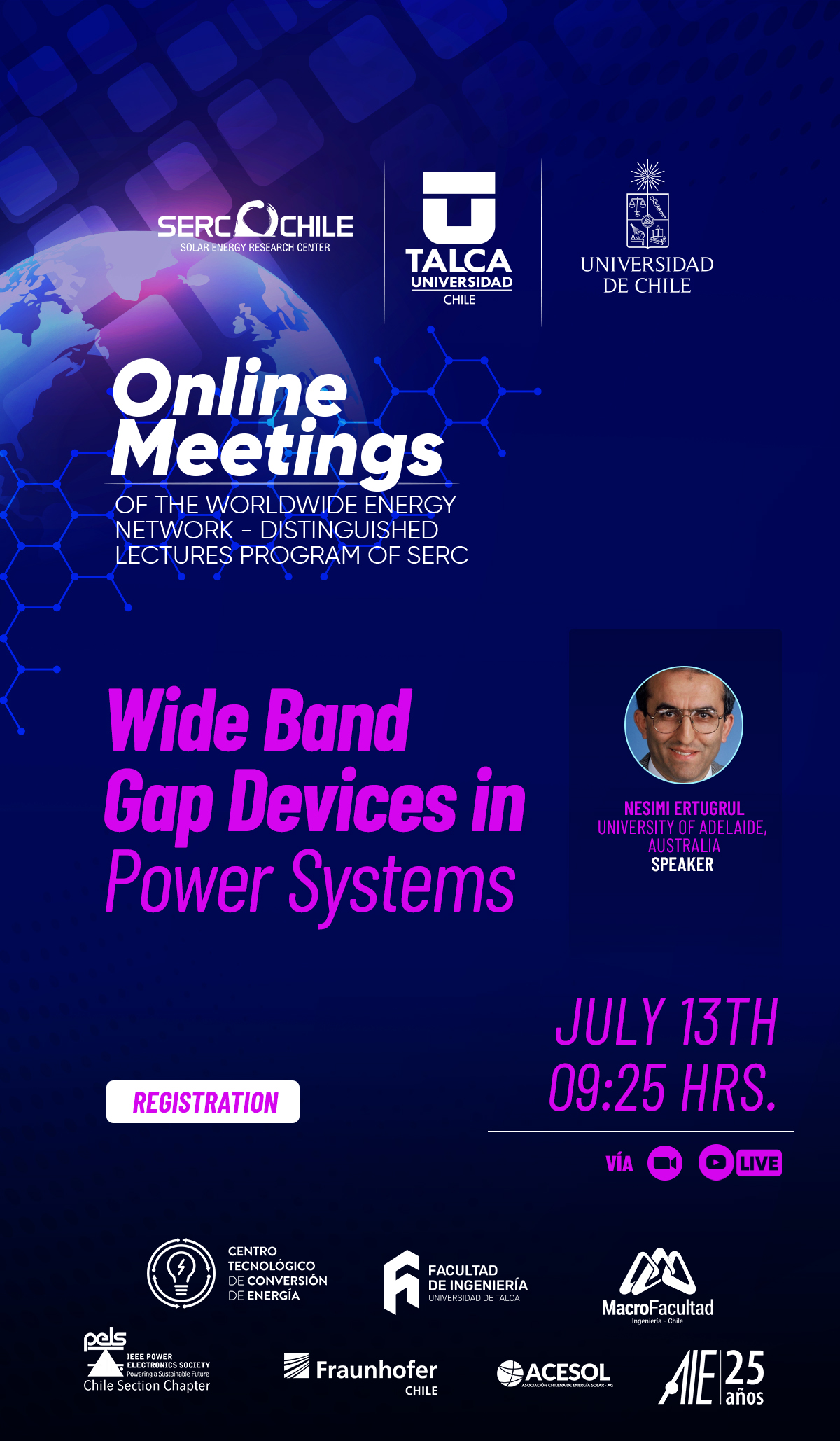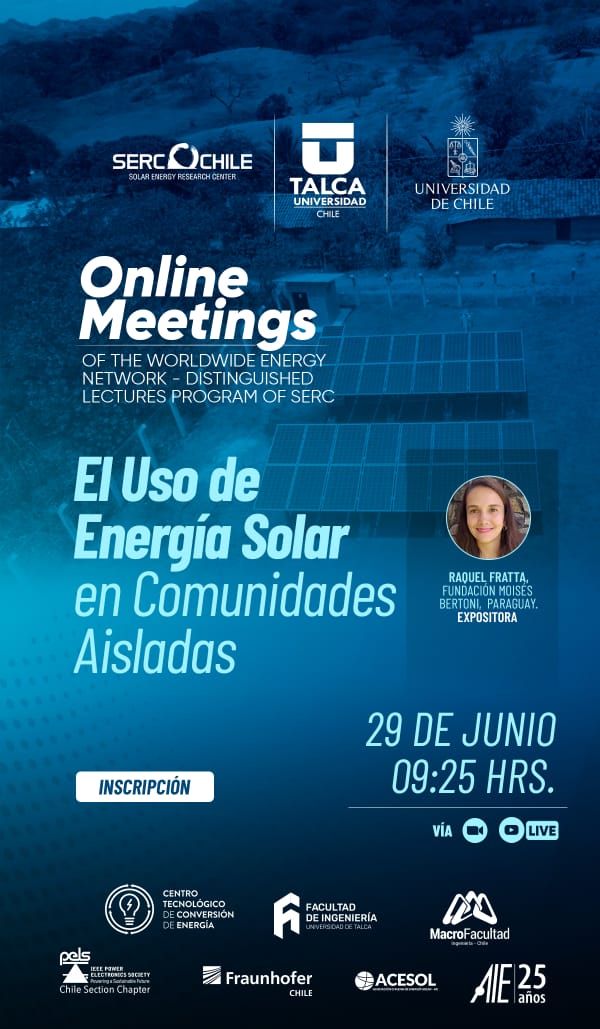Ingeniero Civil en Electrónica, M.Sc. Licenciado en Ingeniería, con especialidad en Ingeniería Eléctrica y Doctor en Electrónica de la Universidad Técnica Federico Santa María. A lo largo de los últimos años, ha sido profesor invitado en varias universidades internacionales. Ha dirigido y participado en varios proyectos financiados por el Fondo Nacional de Desarrollo Científico y Tecnológico (FONDECYT), la Comisión Nacional de Investigación Científica y Tecnológica (Comisión Nacional de de Investigación Científica y Tecnológica, CONICYT), y el Programa Paraguayo para el Desarrollo de la Ciencia y la Tecnología (Proyecto Paraguayo para el Desarrollo de la Ciencia y Tecnología, PROCIENCIA), entre otros . Ha sido investigador responsable de proyectos financiados basalmente cuyo objetivo es potenciar, mediante financiamiento sustancial y de largo plazo, el desarrollo económico de Chile, a través de la excelencia y la investigación aplicada. Ha gestionado varios convenios bilaterales de la Universidad de Talca con universidades internacionales.












